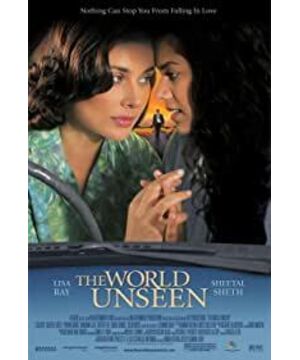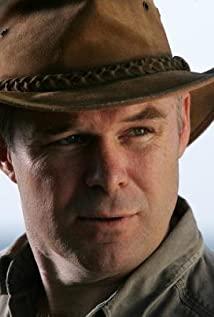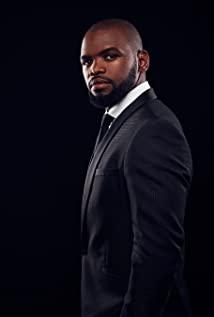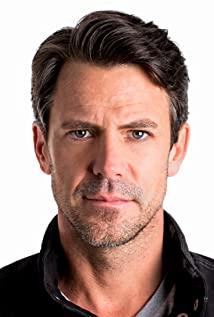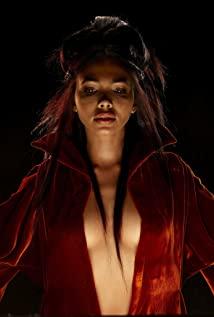Works by the same director at almost the same period, in fact, I personally prefer "Unchangeable Heart", because it is a more relaxed and pure story about the relationship between two people, and the ending is lively and lively. "The Invisible World" is even more serious, involving the background of racial segregation. The relationship between the two is more like an introduction to the shuttle. Although the ending is not bad, the reality in front of us makes such an ending suspicious. Whether it only exists in good movies. Of course, the two films still have a lot in common, and the most straightforward is the dramatic conflict in the main story - the love of the two heroines, an enlightened father, and a conservative family and society.
In fact, there is another point in it, which hurt me deeply when I first saw it. In "The Invisible World", when Lisa's character rejected Sheetal's role, she said that besides marriage and children, there was another reason that Sheetal was a woman. At that time I felt like I had been stabbed so hard that I couldn't say anything. Because marriage, children, religion, and morality are all the result of human choice; since there is a choice, there is also a way and room to use other choices to persuade others or solve problems. Yet you say that I am a woman, so you cannot love me? It's like I can't choose my parents, skin color, sexual orientation, it's something I can't change! This sentence is like a verdict that the death penalty will be executed immediately. If it weren't for the help of the male characters in the film, this relationship would have come to an end.
This episode reminded me of one of my favorite comedians, Tig Notaro, whose wife once said something similar to her, saying 'I am only interested in man'. Later, in an interview after their marriage , Tig expressed a point, meaning that she felt that some of the problems occurred precisely when people felt they needed certain labels. If there is no so-called label, you just follow your heart at any time, and you have no problems to solve. She said that she has her own way of exploring what she likes, and along the way, she has also interacted with many people who are ambiguous in terms of identity, which is not a big problem.
In fact, there are many aspects of identity beyond gender and sexual orientation. Although all of them are so-called "labels" in my opinion, it does not mean that "labels" cannot be a good thing. On the contrary, I think that for minorities, "labeling" has a lot to do with self-identity, and it can help some people better understand and accept themselves, and even unite an entire group. Even I have always been quite envious of those who always know what they are, what they want, and what they like. Since I'm a fairly vague skeptic myself and spend a lot of energy and time on issues of identity, I've always felt that if I didn't have to struggle with these issues, I probably wouldn't have to. So, I take Tig's words for granted. Because she told me that you can love even without these labels, the only thing you have to do is follow your heart.
So after watching this movie, I thought of this interview and wanted to share Tig's words with those who are as doubtful and uncertain about their identity as I am - the other person's label, your label doesn't matter , the important thing is 'act on how you genuinely felt at any point'. If it is already so difficult for two people who clearly love each other to be together, why should they be restricted by the so-called label. Just like Juri's point of view in the Japanese drama "The Last Friend", whether male or female, we are first and foremost a "person", and I hope to be respected as a "person", as a "person" to interact with others, work together, and be treated, while Not as a "man" or "woman", or as a "gay"/"straight". I want people to like me because they are happy and comfortable with me, not because of any labels on me.
View more about The World Unseen reviews


